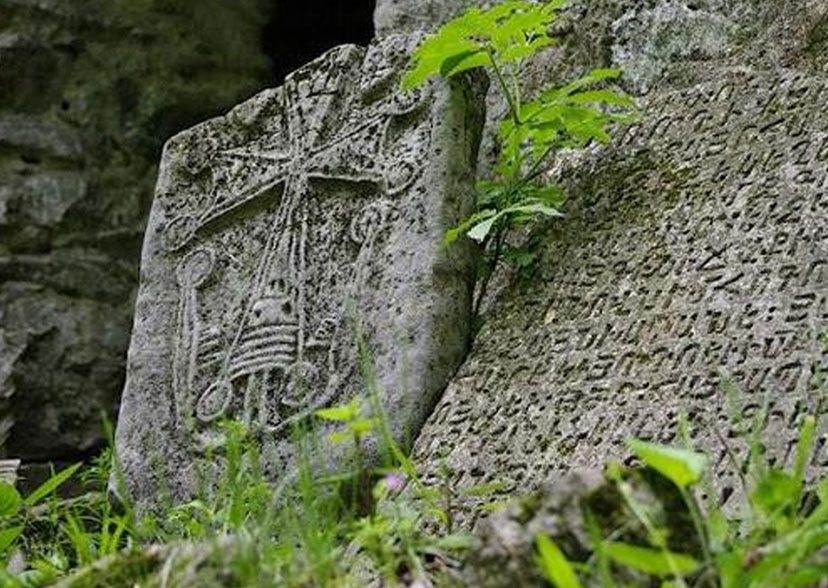
Like the rest of historical Armenia – and the neighboring territories of Iran, Anatolia and Georgia – Artsakh is an unbelievably ancient land. The first references to Artsakh appear in the Bronze Age in form of cuneiform inscriptions engraved on large slabs of volcanic rock. Artsakh was part of Armenia, the world’s first Christian state. [ read ]
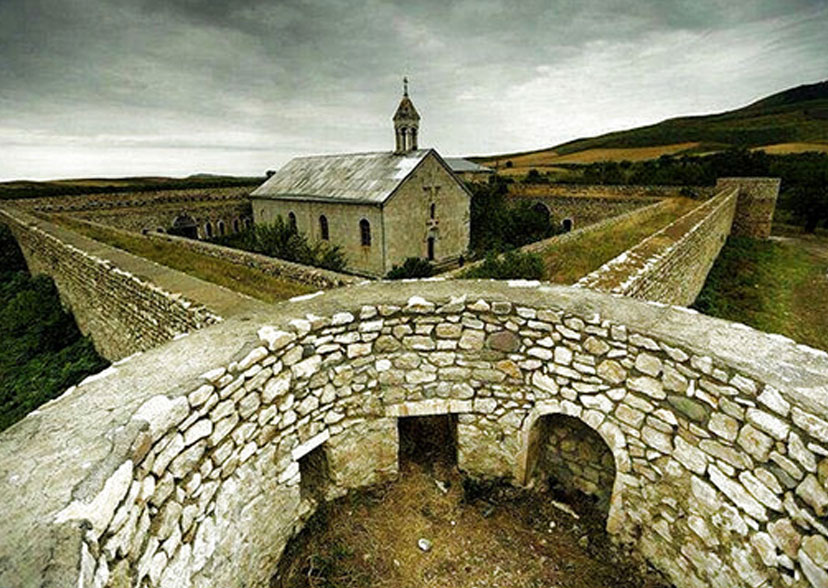
The first records about the province come from the Bronze Age, in form of cuneiform inscriptions of the biblical Kingdom of Ararat, known to academics as Urartu. In one such lithographic inscription, King Sardur II of Urartu (760-735 BC) reports about the conquest of the province of Urtekhin[i], which geographically corresponds to the western part of historical Artsakh. [ read ]
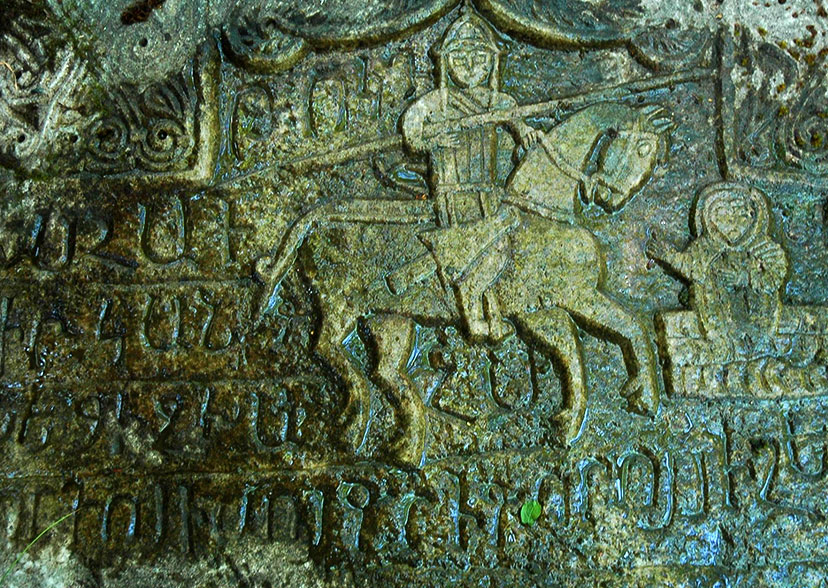
The Arab invasion of the Caucasus and Iran in the 7th Century coupled with the unstoppable force of feudal fragmentation partitioned the Kingdom of Aghvank into several separate Armenian kinglets and principalities. By the mid-9th century, these feudal entities recognized the authority of the Bagratid dynasts who reestablished the Kingdom of Armenia in 885 AD. [ read ]

Armenian feudal clans from Artsakh and the neighboring provinces of Syunik and Utik held contiguous areas of factual independence. Five of them formed a coalition in the mountain areas of central Artsakh, and in the eighteenth century became known as the Melikates (principalities) of Khamsa or Melikdoms of Khamsa. [ read ]
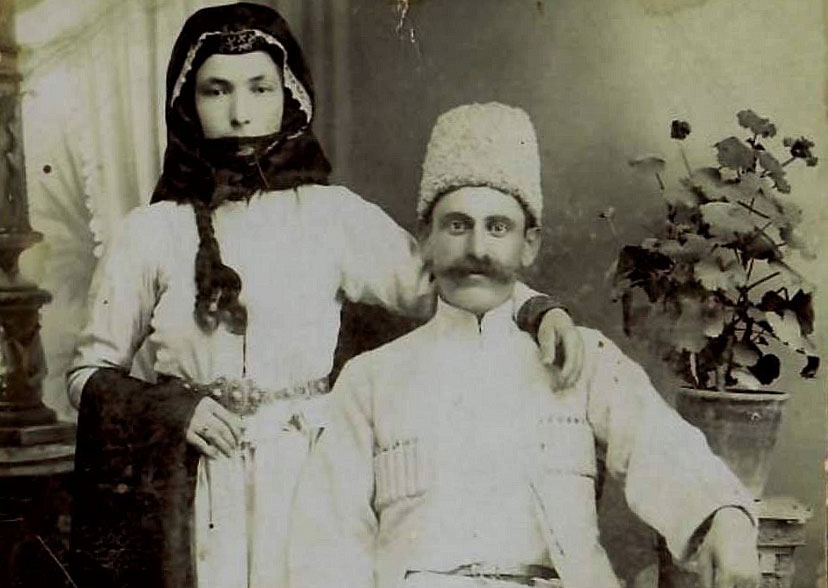
Artsakh remained part of Russia’s Governorate of Elisavetpol from 1868 to 1917. Sheltered from Ottoman and Persian aggression, it experienced a measure of development during the nineteenth century, and the city of Shushi became one of the principal Armenian and Caucasian Tatar centers of culture, trade and education. [ read ]
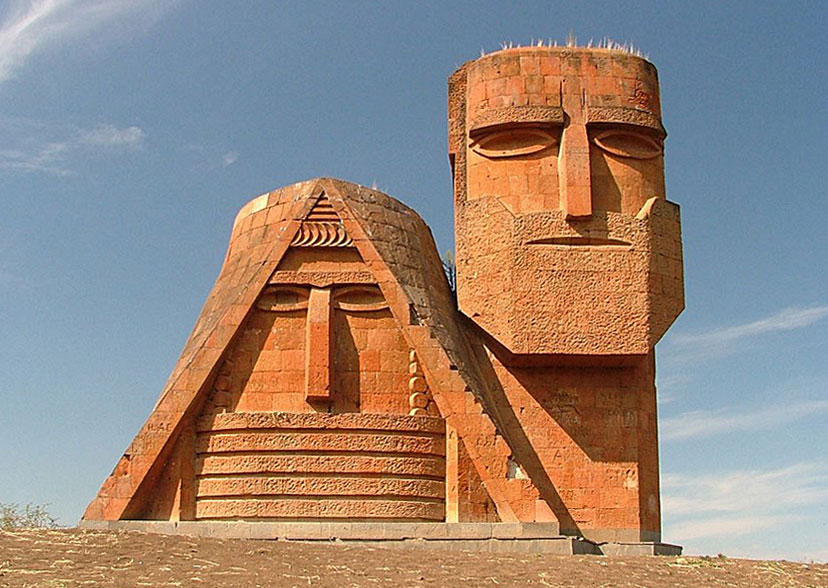
Beginning from 1999, Azerbaijan’s Soviet-era leader Heydar Aliyev launched a series of public confessions in which he bluntly admitted that the goal of his administration—between 1967 and 1987—was to intentionally abuse the region’s Armenian majority and thus change Nagorno Karabakh’s demographic balance in favor of ethnic Azerbaijanis. [ read ]
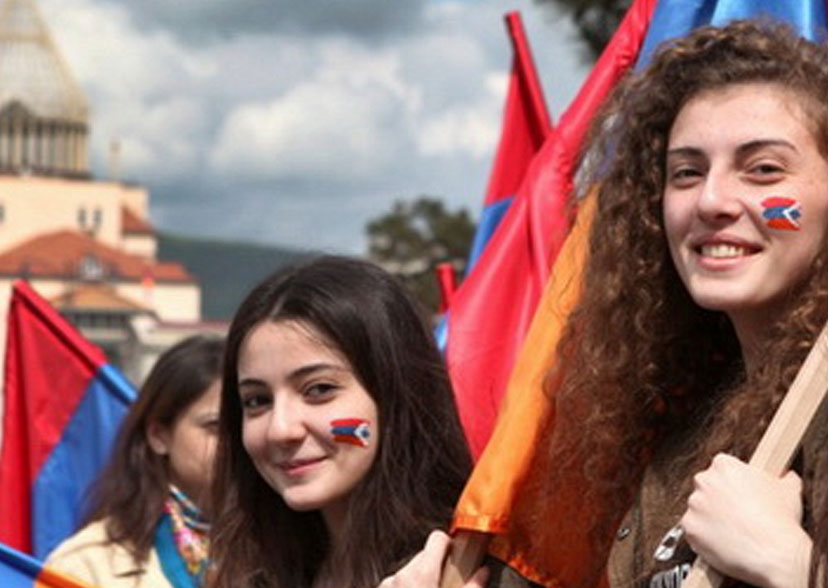
The Artsakh Republic, a fledgling democracy, continues being confronted by Azerbaijan — a country that has developed as an archetypal oil dictatorship ruled by the Aliyev family since 1967. [ read ]
